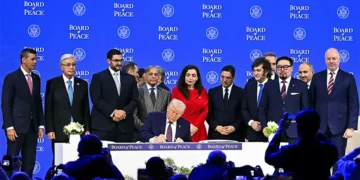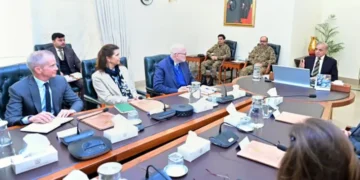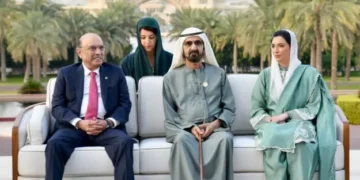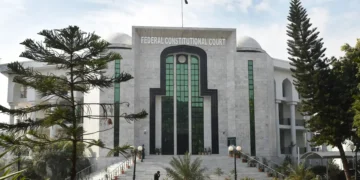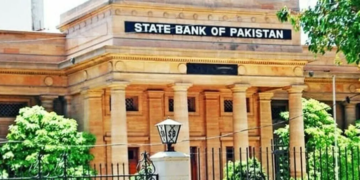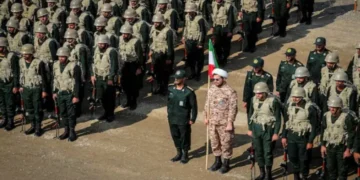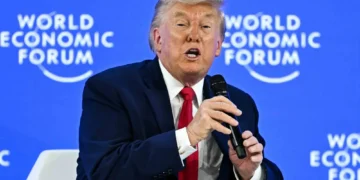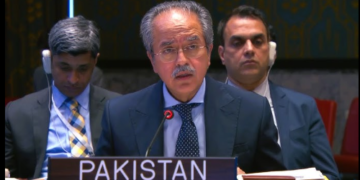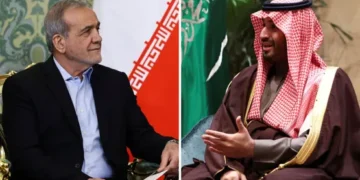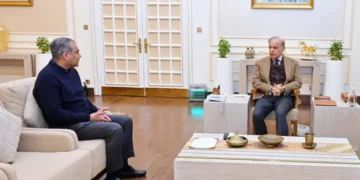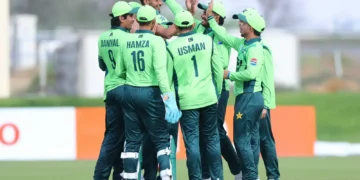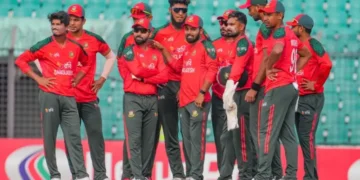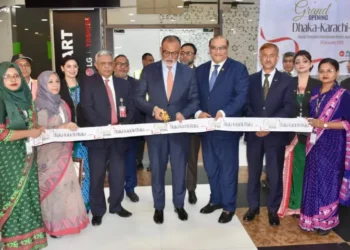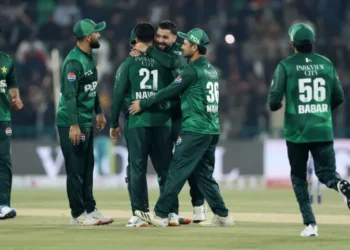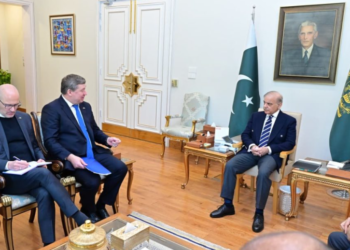By Asif Naveed
ISLAMABAD (MNN); A full court meeting convened on Friday by Chief Justice of Pakistan (CJP) Yahya Afridi did not take up the 27th Constitutional Amendment, according to a press release issued by the Supreme Court. The meeting, however, granted final approval to the Supreme Court Rules, 2025.
The meeting was called a day after several Supreme Court judges wrote letters urging collective deliberation on the controversial amendment, which was signed into law on Thursday.
According to the press release, the full court unanimously updated the Supreme Court Rules, 2025, based on recommendations by a committee comprising Justices Shahid Waheed, Irfan Saadat Khan, Naeem Akhtar Afghan and Aqeel Ahmed Abbasi. The committee was tasked with addressing difficulties in implementing the new rules.
The court expressed appreciation for the committee’s extensive work in reviewing the Supreme Court Rules of 1980, drafting the 2025 Rules and addressing suggestions for improvement. The updated rules, it added, aim to enhance service delivery and ensure affordable and swift justice.
The full court also unanimously approved the elevation of Muhammad Munir Paracha to senior advocate of the Supreme Court, under Rule 5 of Order IV of the new rules.
LETTERS FROM JUDGES
Justice Salahuddin Panhwar on Thursday became the third judge to call for a full court meeting to review the 27th Amendment. In his two-page letter, he urged the CJP to examine the amendment clause by clause, warning that it could affect Articles 175, 175A, 189, 190, 191 and 209 of the Constitution, all of which relate to the judiciary.
He cautioned that the amendment may disturb institutional balance, potentially affecting judicial tenure, bench composition, appointment and removal of judges, and the financial and administrative autonomy of the courts.
Earlier, Justices Syed Mansoor Ali Shah and Athar Minallah — who resigned in protest on Thursday — had also written separate letters calling for a full court or a judicial conference. Justice Shah, in a six-page letter, called the amendment a political tool aimed at undermining the judiciary and urged the CJP to set a precedent that no judicial amendments be made without prior consultation with senior judges.
Justice Minallah, in a seven-page letter, urged the convening of a judicial conference to openly discuss threats to judicial independence, warning that the judiciary was at a critical juncture and must restore public confidence. He suggested Parliament should consider the judiciary’s institutional position before altering constitutional principles.
Senior lawyer Faisal Siddiqui, in a letter endorsed by retired judges, had also urged the CJP to take a definitive stance on the matter.







